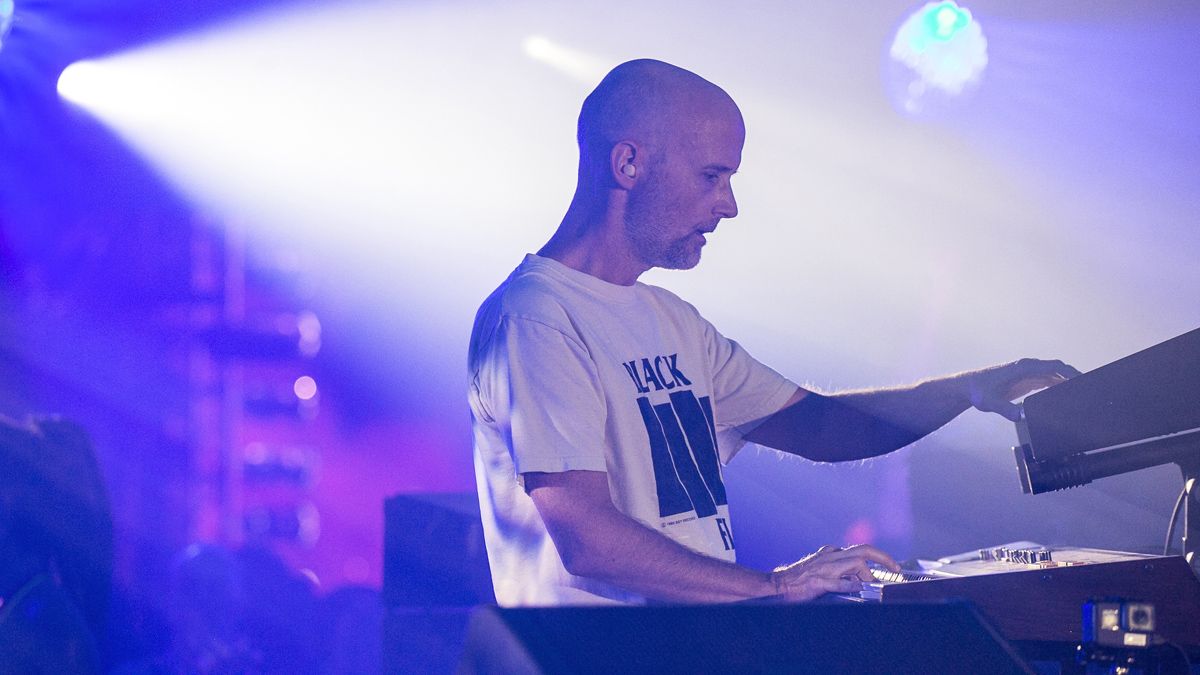
When Moby finished recording Play, there was no sign that the album would perform any differently than Animal Rights. I should start thinking about what else I can do.'" At that point, he considered returning to school to study architecture. Moby recalled a moment from March 1999, after Play had been mixed and sequenced, where he sat on the grass in Sara Delano Roosevelt Park: "I was sitting by the little tire swings that had been chewed apart by the pit bulls thinking to myself, 'When this record comes out, it will be the end of my career. Ultimately, he said that he "wasted a lot of time and money" on the previous unsatisfactory mixing sessions. After returning home and producing a mix by himself, Moby felt happy with it. A second mixing was completed at an outside studio before attempts at two other studios displayed similar results. Play was delayed due to Moby's dissatisfaction with the initial mix of the album that he had produced at home. Recording sessions took place at Moby's Mott Street home studio in Manhattan, New York. At the time, he planned on making the album his last before ending his career. Moby started work on Play in August 1997 and put it on hold several times to complete touring obligations. I did my own tour and was playing to roughly fifty people a night." However, positive reactions to Animal Rights from fellow artists such as Terence Trent D'Arby, Axl Rose, and Bono inspired Moby to continue producing music. He explained: "I was opening for Soundgarden and getting shit thrown at me every night onstage. The release in 1996 of Animal Rights, a dark, eclectic, guitar-fueled record built around the punk and metal records that he loved as a teenager, proved a critical and commercial disaster that left him contemplating quitting music altogether. The second half of the 1990s saw Moby in career turmoil after years of success in the techno scene. In 20, Play was ranked number 341 on Rolling Stone magazine's list of the 500 greatest albums of all time. Play eventually became the biggest-selling electronica album of all time, with over 12 million copies sold worldwide. The album introduced Moby to a worldwide mainstream audience, not only through a large number of hit singles that helped the album to dominate worldwide charts for two years, but also through unprecedented licensing of its songs in films, television shows, and commercials.

Initially issued to lackluster sales, it topped numerous album charts months after its release and was certified platinum in more than 20 countries. While some of Moby's earlier work had garnered critical and commercial success within the electronic dance music scene, Play was both a critical success and a commercial phenomenon. Originally intended to be his final record, the album was recorded at Moby's home studio in Manhattan, New York.

Recording of the album began in mid-1997, following the release of Moby's fourth album, Animal Rights (1996), which deviated from his electronica style Moby's goal for Play was to return to this style of music. It was released on May 17, 1999, through Mute Records internationally and V2 Records in North America.

Play is the fifth studio album by American electronic musician Moby.


 0 kommentar(er)
0 kommentar(er)
